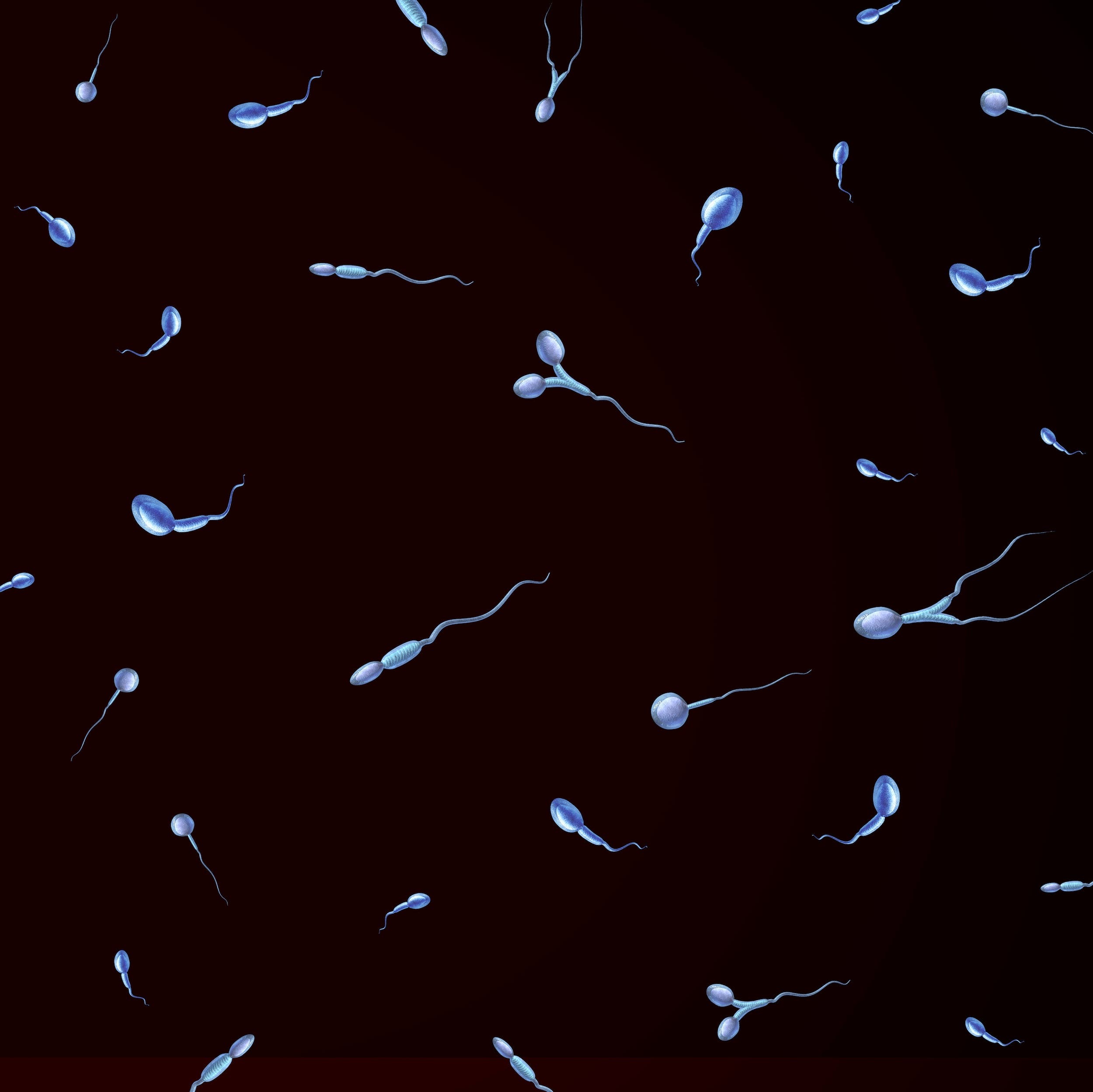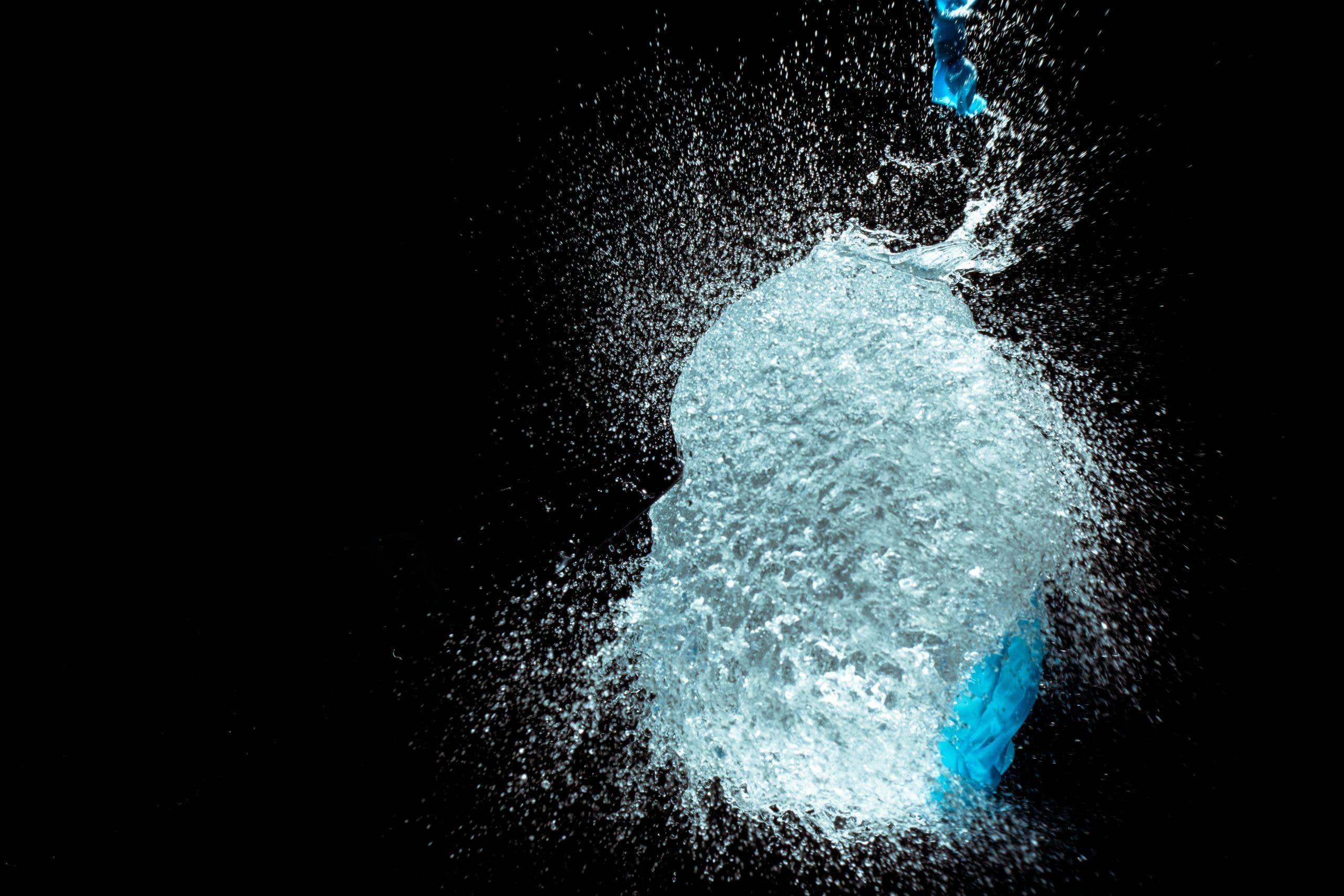Consultants, bankers, lawyers, and working professionals won’t be surprised by the following: a new study reveals that we spend more time using our smartphones and laptop than we do sleeping.
Research from a U.K.-based group called Silentnight says that the average Brit spends, on average, 8 hours and 41 minutes using communication and media devices, as compared to 8 hours and 21 minutes for sleeping.
Cautionary as they are, those numbers don’t seem all that out of the ordinary — particularly for people with jobs that require constant connection: For instance, lawyers updating divorce settlements and contract language on the fly; investment bankers updating the font size of the pitch deck for the 27th time; and, management consultants generating Harvey Balls all day.
But what about the health effects of using communication devices for a third or more of each day? Specifically as they relate to male fertility?
The news in that respect is almost uniformly negative – mostly because of the heat generated by portable computers, even though, as a Time magazine article notes, laptops tend to run cooler now than did previous models.
Dr. Yefim Sheynkin, an associate professor of urology at SUNY Stony Brook, coauthored a 2005 study on laptops and the heat they produce. He told Time, “We found that, with laptop use, scrotal temperature did increase quite significantly.”
In fact, after just 60 minutes of use, scrotal temperature increased roughly 5 degrees Fahrenheit. That’s no small move, given that testicles prefer to be at least two degrees cooler than other parts of the body, according to Dr. Jesse N. Mills, an associate clinical professor of urology and director of The Men’s Clinic at UCLA.
In a follow-up study to his own 2005 findings, Sheynkin’s research team further discovered that the way a man sits while using his laptop can also elevate scrotal temperatures – without taking into account heat generated by the laptop itself.
In the study, “Protection from scrotal hyperthermia in laptop computer users”, researchers determined that when men sit with their knees close together – as often happens when supporting and operating a laptop – the position winds up trapping heat that raises scrotal temperature.
“So there are two factors here,” said Sheynkin, “the heat produced by the laptop and the rising temperature from having the legs together.”
So much for deflecting the effects of laptop heat by positioning it on a pad or pillow instead of directly on the lap. Indeed, the study concluded, “Scrotal shielding with a lap pad does not protect from scrotal temperature elevation.”
While there’s no study that directly links laptop use to impaired fertility, people who use a laptop several hours of each day – particularly while traveling, where there’s little room for repositioning legs or distancing the scrotal area from laptop heat – clearly run the risk of keeping elevated scrotal temperatures. And, Sheynkin added, “[T]here’s not enough time for it to go back to normal.”
Other factors that come into play with laptop use include exposure to electromagnetic frequencies (EMF), which are produced by cellular devices, including laptops and smartphones, and which have been linked to possible reproductive problems in both males and females.
Ashok Agarwal, a professor of urology and director of the American Center for Reproductive Medicine at Cleveland Clinic, admitted to Time that “a lot of work needs to be done” in this area.
Still, in his 2009 study, “Effects of radiofrequency electromagnetic waves (RF-EMW) from cellular phones on human ejaculated semen”, he and his team found that samples exposed to RF-EMW were found to have a marked reduction in sperm motility and viability – terms which refer to swimming ability and expected effectiveness, respectively.
And yet another potential threat posed by extended laptop use, having nothing to do with heat or EMF: Remaining sedentary for longer periods of time isn’t helpful to men who want to conceive.
A 2017 study indicates that physically active men display better semen parameters.
And, UCLA’s Mills told Time, “Exercise and activity increases sperms counts, so I think just sitting for long periods is inherently bad for fertility.”
Of course, in many situations, you might not have a choice when needing to work with your laptop – other than to proactively preserve your assets in cryogenic storage to avoid the negative effects of unwanted or inconvenient exposure to heat.


